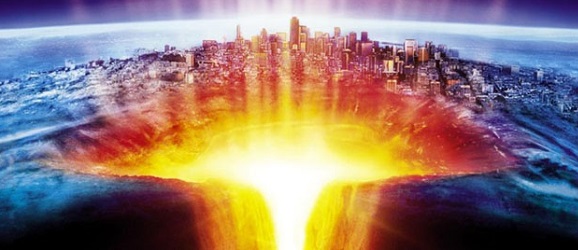The Earth’s Core Is Way Hotter Than Previously Thought
This article is more than 2 years old
 I think we’re all aware of how wrong your average person can be when it comes to predicting scientific facts, and that real scientists also constantly have to correct themselves. That’s what makes science better than all those other static subjects. It keeps shit fresh.
I think we’re all aware of how wrong your average person can be when it comes to predicting scientific facts, and that real scientists also constantly have to correct themselves. That’s what makes science better than all those other static subjects. It keeps shit fresh.
I think we’d all agree that a measurement being off by 1,000 degrees is a pretty sizable error, but luckily it has nothing to do with microwave ovens or ants under magnifying glasses. Researchers in France have discovered the Earth’s core to be around 1,000 degrees hotter than previously thought, and their work appears in a paper for the journal Science. Agnes Dewaele from the CEA – which is the Atomic Energy and Alternative Energies Commission when it’s put into English – joined up with members of the French National Center for Scientific Research (CNRS) and the European Synchrotron Radiation Facility (ESRF), and they’ve set the new temperature at 6,000 degrees Celsius. No deodorant in the world is going to cover the kind of pit stench that would create.
We now reach the point in the story this is above my education level. The researchers used a static laser-heated diamond anvil cell to secure a tiny speck of iron between the points of two synthetic diamonds, and they simulated the extreme pressures of the center of the Earth while nailing the iron with lasers. Analyzing how X-rays behaved when coming into contact with the iron atoms’ nuclei, the researchers found the diffraction patterns changed as the iron phased over from a solid to a liquid. And now we go to the pull quote.
“The researchers found that iron has a melting point of 4,800 degrees Celsius at 2.2 million atmospheres of pressure (up to 200 GPa). Extrapolating this to 3.3 million atmospheres — the estimated pressure between the liquid and solid core — the scientsts reached their figure of 6,000 degrees Celsius (+/- 500), or 6,230 kelvin.”
I mean sure, it’s probably not as hot as one of the sun’s Earth-dwarfing sunspots, but it makes spilling hot coffee on my lap sound like a blessing.











